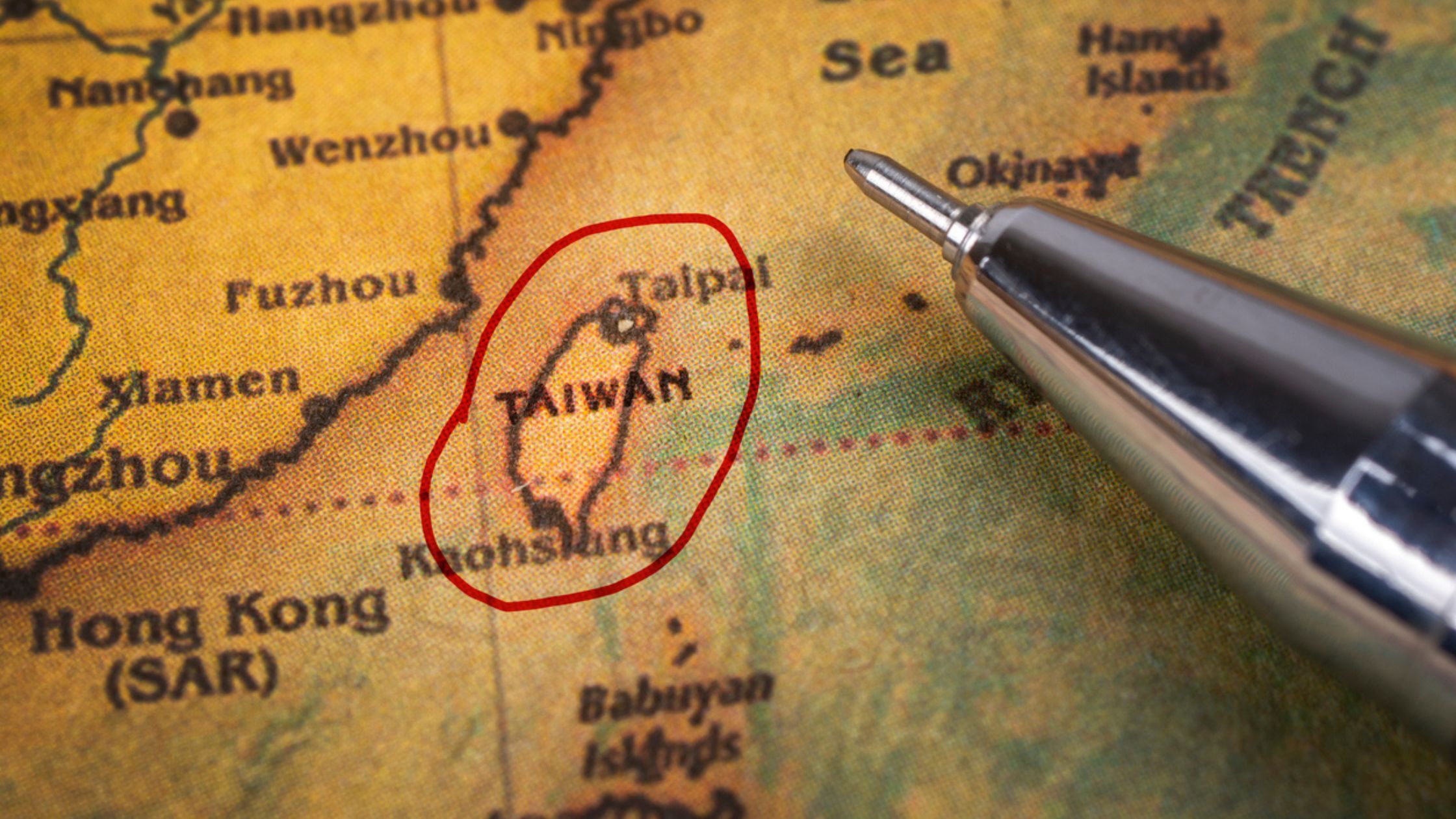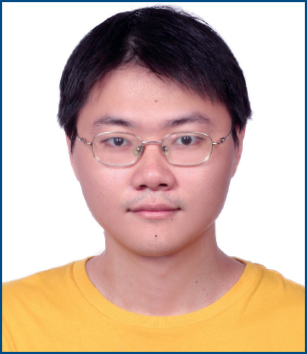
Taiwan Continues to Lead Tech Innovation
Taiwan-based smartphone designer MediaTek Inc. announced that it has partnered with American artificial intelligence chip designer Nvidia Corp. to develop a personal AI supercomputer superchip. MediaTek Inc. said it was using its technology know-how to work with Nvidia on the Nvidia GB10 Grace Blackwell Superchip. According to Nvidia, Project DIGITS, the personal supercomputer powered by the Nvidia GB10 Grace Blackwell Superchip, delivers a petaflop of AI performance in a power-efficient, compact form factor. Nvidia founder and CEO Jensen Huang said that the partnership is expected to make the Grace Blackwell platform more accessible and allow developers, researchers and students to use it for their work that needs AI involvement. MediaTek and Nvidia have previously collaborated on the Taiwanese tech firm’s Dimensity Auto Cockpit chips, which integrate Nvidia’s next-generation graphics processing unit-accelerating AI computing and Nvidia RTX graphics. In addition, both sides have also teamed up on integrating NvidiaTao, an AI model training and optimization toolkit, with MediaTek’s NeuroPilot SDK, a collection of software tools and Application Programming Interfaces (APIs), to deliver advanced edge AI capabilities to Internet of Things applications. At the recent Consumer Electronics Show, Jensen Huang demonstrated Nvidia Cosmos, a platform comprising state of the art generative world foundation models, advanced tokenizers, guardrails and an accelerated video processing pipeline built to advance the development of physical AI systems such as autonomous vehicles and robots. Huang showcased ways physical AI developers can use Cosmos models, including video search and understanding, physics-based photoreal synthetic data generation, and physical AI model development and evaluation.
Shanghai Enhances Data IP Protection with New System
Altogether 158 data products have passed government review after Shanghai implemented a new set of regulations aimed at recognizing and protecting the intellectual property rights associated with data-driven innovations in December, 2024. 74 of these products have been successfully listed for trading on the Shanghai Data Exchange, with the first transaction involving US 13.7 million dollars in pledged financing. The Shanghai Intellectual Property Association (SIPA) and the Shanghai Municipal Data Bureau recently jointly issued the city’s interim measures for IP registration and evidence preservation of data products, which has marked the city’s latest progress regarding protecting the rights of IP regarding data products. The concept of IP of data products refers to the rights held by individuals, legal entities or non-legal entities over data resources that have been legally acquired and then processed and innovated upon to create intellectual assets with commercial value. It includes their rights over data processing collections, data processing products and data algorithms. Shanghai is not the only region in China following such initiatives, but it is the first one so far to include a substantive review of the IP attributes of data products to be registered in the areas of whether the data products involve substantive processing and intellectual innovations, and whether there is an application scenario. This will ensure that disputes over whether original data collection has IP rights can be avoided. This approach has attracted several enterprises hailing from elsewhere, seeking the authoritative certification provided by SIPA.










 Deep & Far Attorneys-at-law
Deep & Far Attorneys-at-law Yu-Li Tsai
Yu-Li Tsai Lu-Fa Tsai
Lu-Fa Tsai C. F. Tsai
C. F. Tsai







